On March 10, Principal Clarence Burton told The Falconer that he would not permit the publication of an in-depth article written about dabbing, the smoking of a highly concentrated form of marijuana that’s popular in the student drug subculture. After being notified of the potentially controversial article, Burton asked to review the article prior to publication, and then denied publication on the grounds that the information might endanger the health or safety of students. This is a new phase in the history of The Falconer, which has not been censored in over 36 years, if ever.
The article is a well written, extensively researched, unbiased, and informative piece that relies on several student sources to document first-hand experiences with the drug. The article discusses what dabbing is and identifies numerous risks associated with the use and manufacture of the drug. Although he acknowledges that the article is quality student journalism, he says it is not appropriate for ninth grade readers, even though one of the sources began using the drug as a freshman. According to Burton, young students should not be permitted to read the information without adult guidance to tell them what it means. In his letter stating the reasons for the censorship, Burton said, “Unlike a drug safety unit taught in a health class by a trained professional, this article does not come with that trained instructor. If this article was to be published, children would be exposed to a new and dangerous drug without adult guidance.” The only problem with this position is that students are not taught drug safety units in high school. The administration has known about dabbing for months, but has not provided information to the school community.
By censoring the article, the administration’s position seems to be that educating young people about a topic that is controversial and dangerous means that they will go out and do it. Topics like teen pregnancy, drunk driving, suicide, and drugs should not be discussed, at least not by students in a student newspaper. The voices of high school students on these topics must be silent, and the only messages that are sanctioned are those of the administration. That way, controversy will not happen, and it will not exist. In reality, most of the student body, including freshmen, knows that dabbing exists. For those who don’t, is it better for them to learn about dabbing through a friend or a peer, or through a researched, comprehensive article?
Prior review takes the student out of a student publication and makes it a publication by the administration. A student journalist’s job is to report on the activities of students in their school, and that is what the article does. The School Board’s publications policy requires student material to be fair and balanced, well-written, grammatically correct, and suitable for audience for which it is intended. Some controversial topics may be uncomfortable for adults, who do not like to admit that some high school students may be involved in drug use or other controversial behavior. However, we contend that not saying anything is more harmful than saying the truth. Just because a topic may be uncomfortable for the administration does not mean that it is unsuitable for a high school audience. Or that students are incapable of understanding it.
Although the publications policy requires students to notify the principal of potentially controversial stories, this does not mean that student First Amendment rights do not exist; nor does it mean there should be prior review. Most importantly, it does not mean that censorship is okay. Essentially, the new editors of The Falconer are the administration, and the voice of the student body is severely compromised.
Because of censorship, being a part of the student newspaper is no longer a way to learn about real journalism and write real stories about real issues. If The Falconer does put in the hours to write stories that matter to the lives of students, the administration can kill them with the stroke of a censor’s pen. The administration-approved stories may have our names, but not student voices. The principal could support us, he could trust us, and he could be an advocate for the student voice.
The Falconer encourages opinions from the student body and the community about this issue.
Categories:
The administration censors Falconer article on manufacture and use of dabs
March 19, 2015
Story continues below advertisement
5
0
Donate to The Falconer
Thanks for reading The Falconer. We're happy to provide you with award-winning student journalism since 1963, free from bias, conflicts of interest, and paywalls. We're able to continue with the generous support of our local community. If you're able, please consider making a donation. Any amount is incredibly helpful and allows us to pursue new and exciting opportunities.
More to Discover

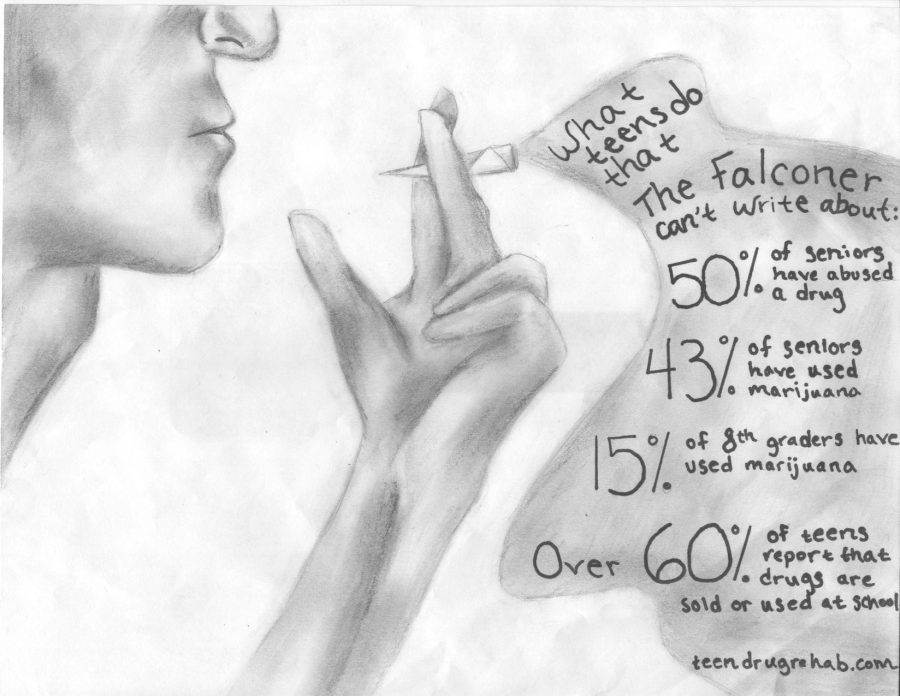
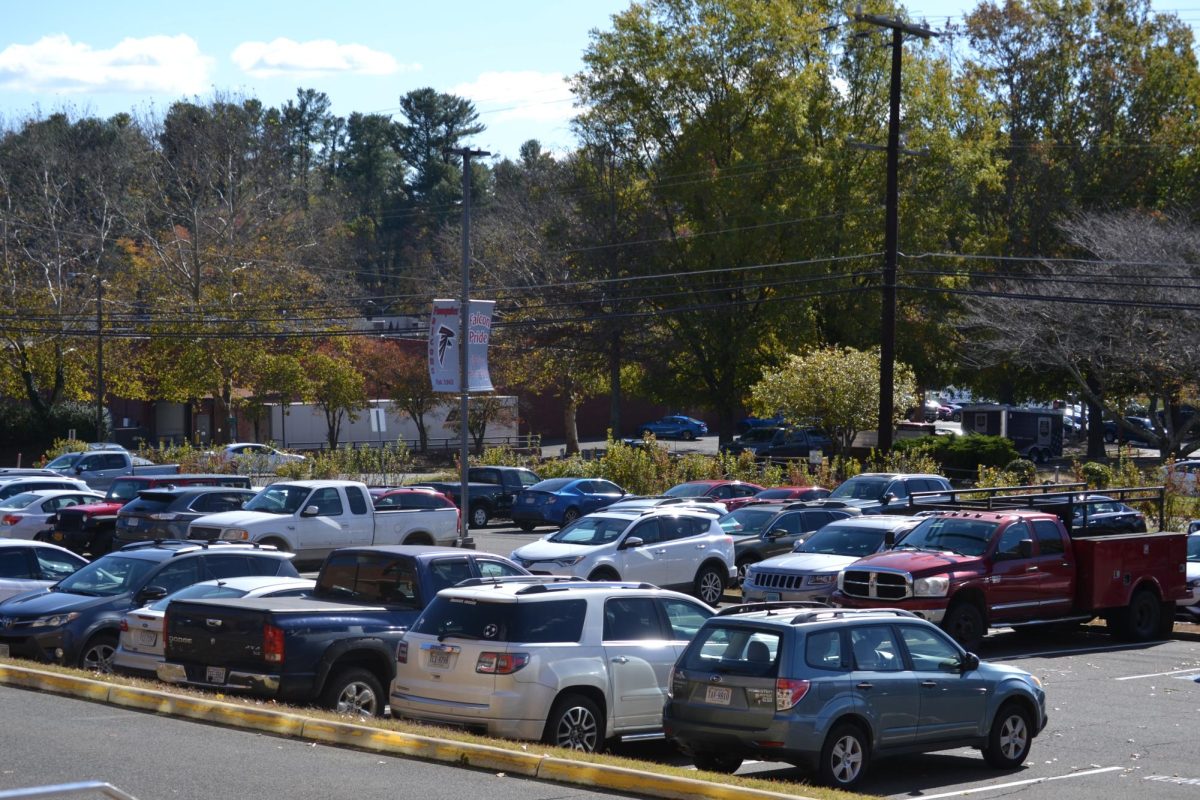
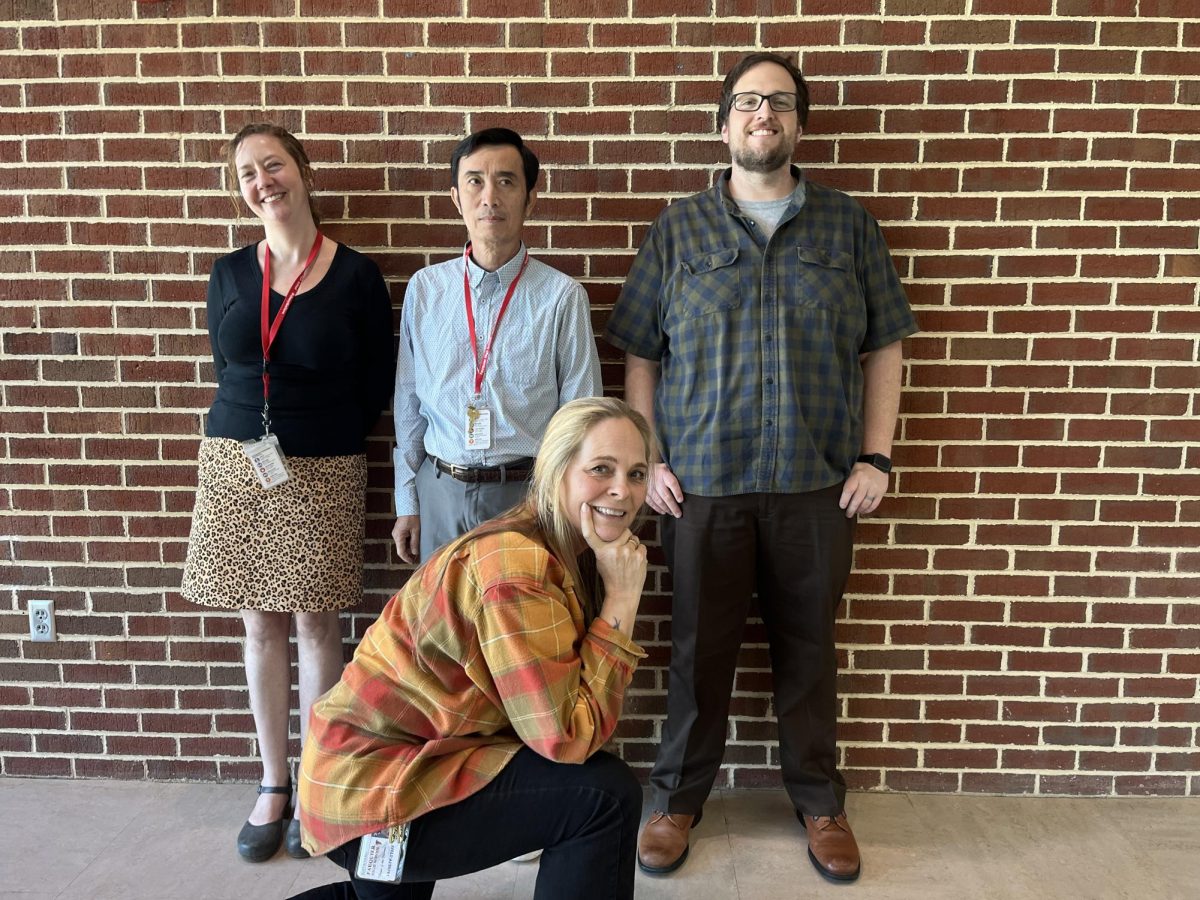
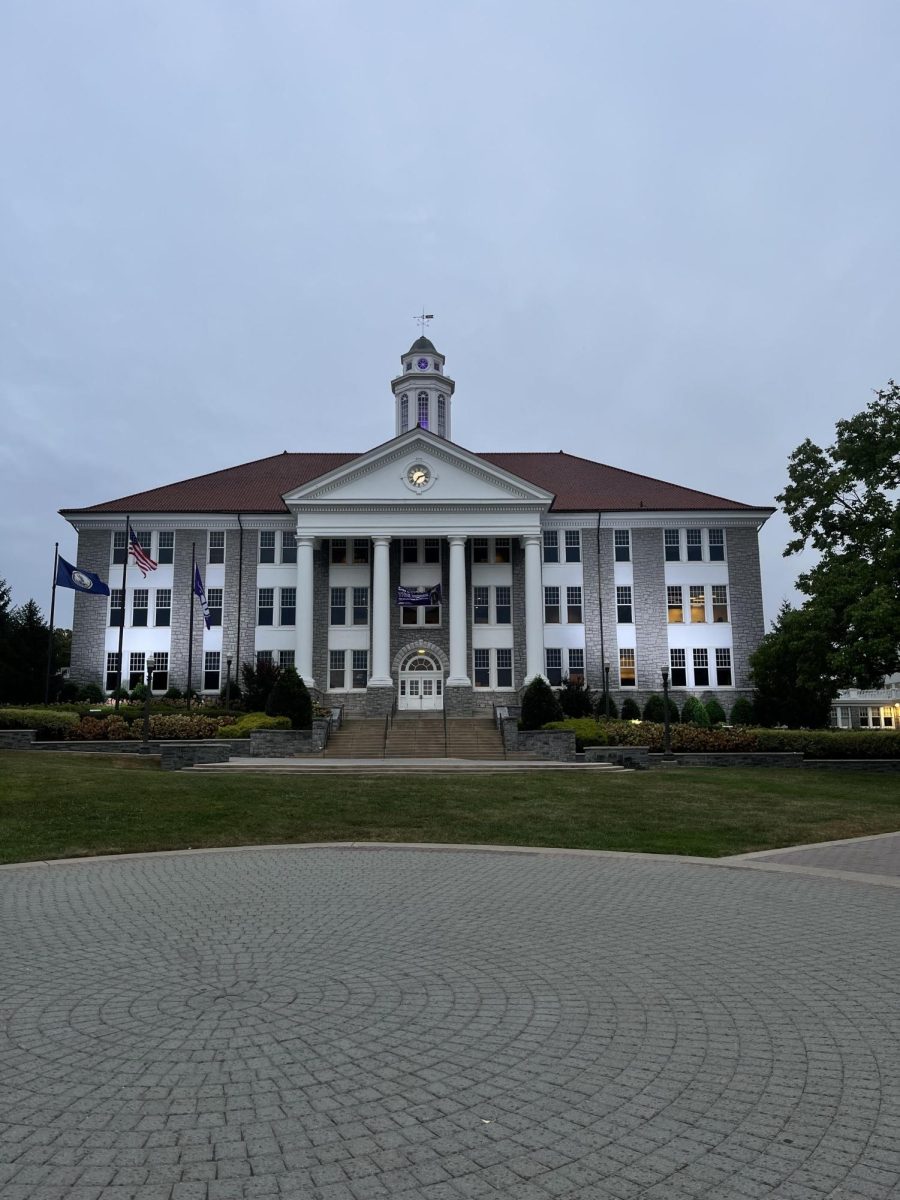

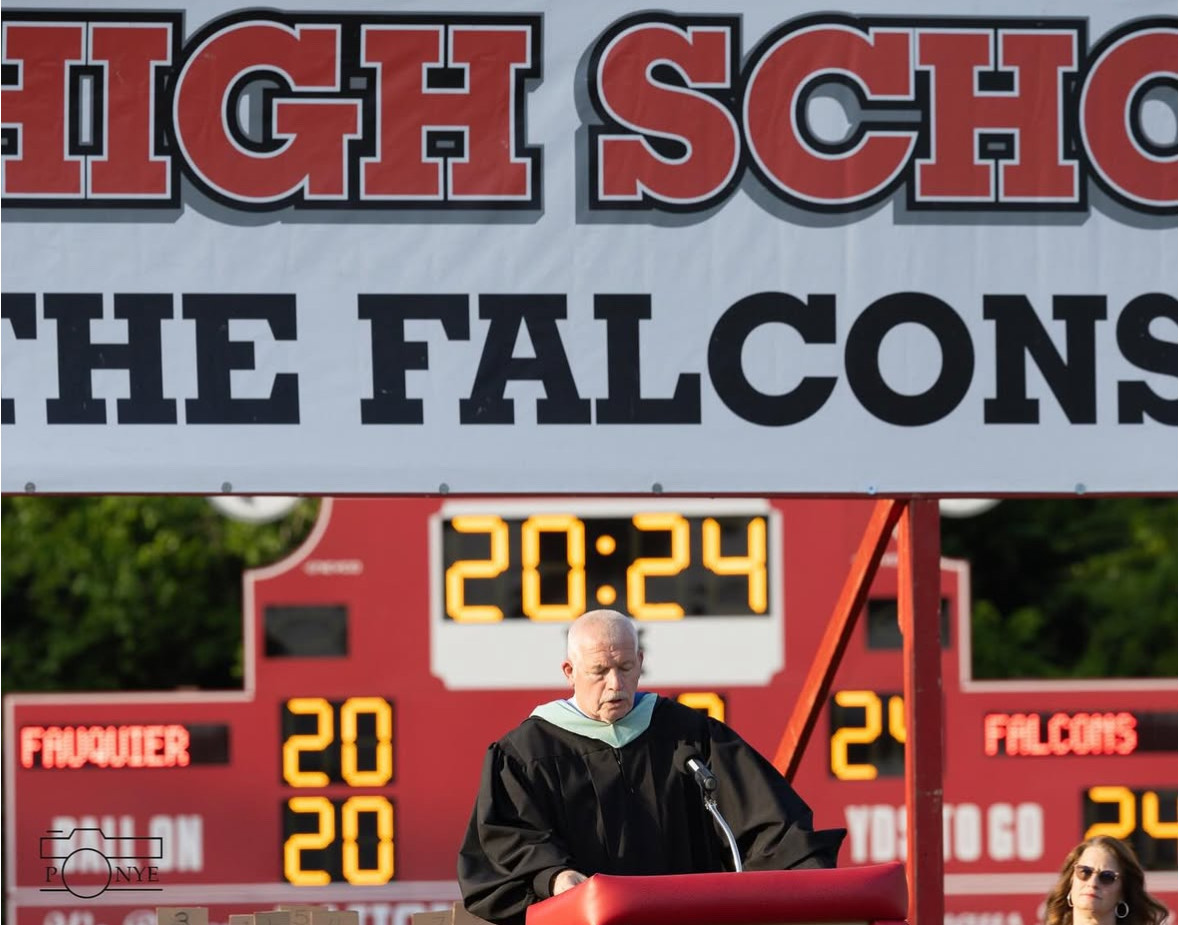
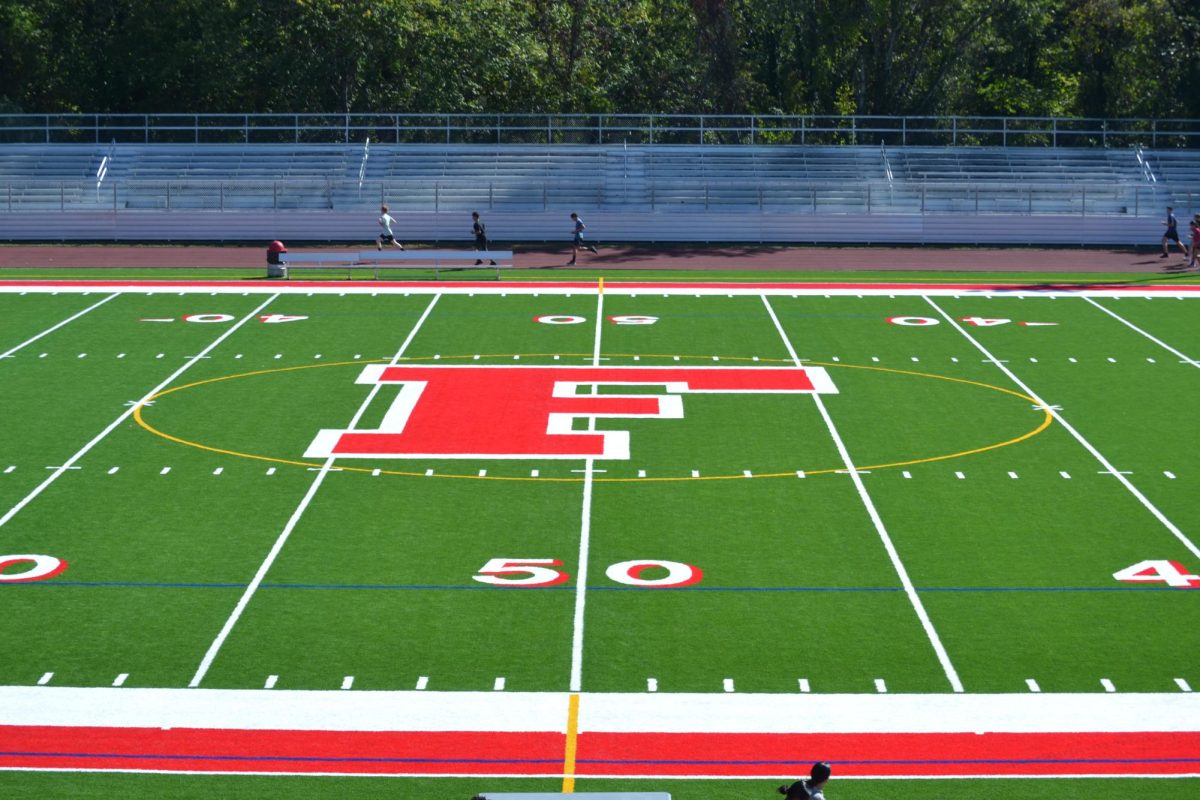
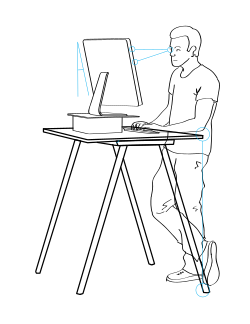
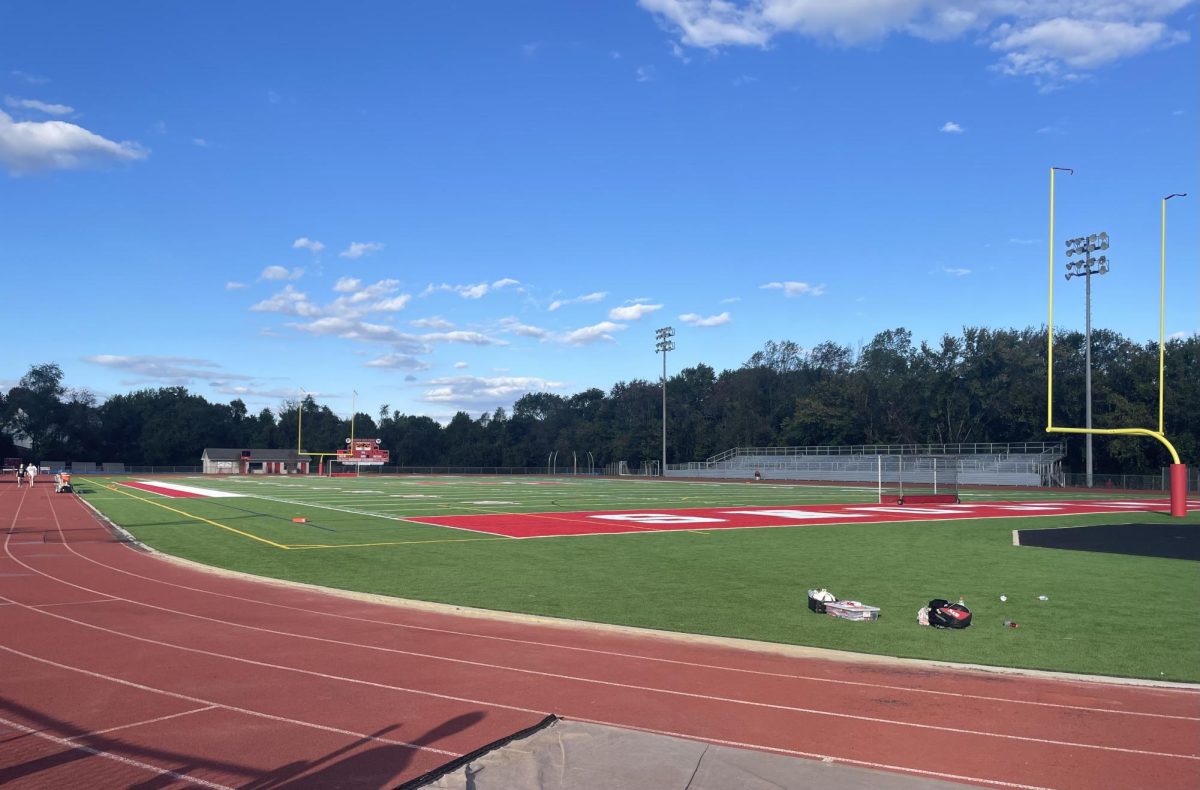



Grayson • Mar 20, 2015 at 4:11 am
I graduated from FHS in 2012 and this makes me sick. They should not censor a single bit of that information.
Bridgett Barrett • Mar 19, 2015 at 10:57 pm
The students should be able to voice their opinions and comments on the ‘real’ issues of today’s world as long as its with tact and they stick to the facts. How else will they be prepared for the real world otherwise? For it can be an unkind place (just watch the news)! “Pretty words aren’t always truthful and the truth isn’t always pretty!”
robert leonard • Mar 19, 2015 at 7:02 pm
Censoring this article or any other article is a direct violation of our kids 1st amendment rights..you are discouraging their dreams,what they have learned and demonstrated over their school careers..This article is a self help educational article teaching the ramifications,dangers,pros and cons of a drug substitute..instead of censor,maybe just maybe open your eye’s and see the well thought out,and very well researched genius thoughts involved..its not a damaging article,its an informative one…
Phil Shea • Mar 26, 2015 at 1:09 am
I’m sorry, but the 1st amendment only prevents the government from prosecuting a person for something they said. It does not require the government to finance the publication of any view, no matter how well researched. You can question Burton’s decision to prevent the article’s publication, but it was his right to do so.
Now before all you flamers start replying, remember, I’ve got the same rights, even though you might not think I should.